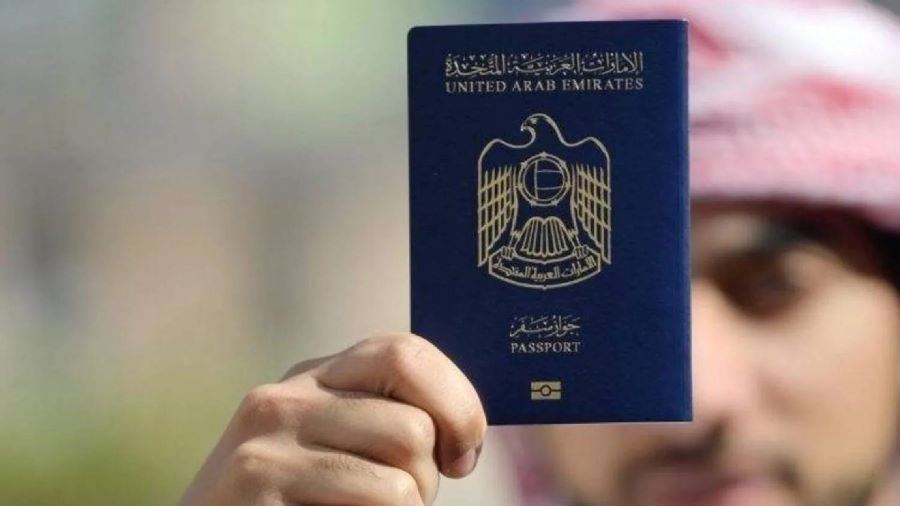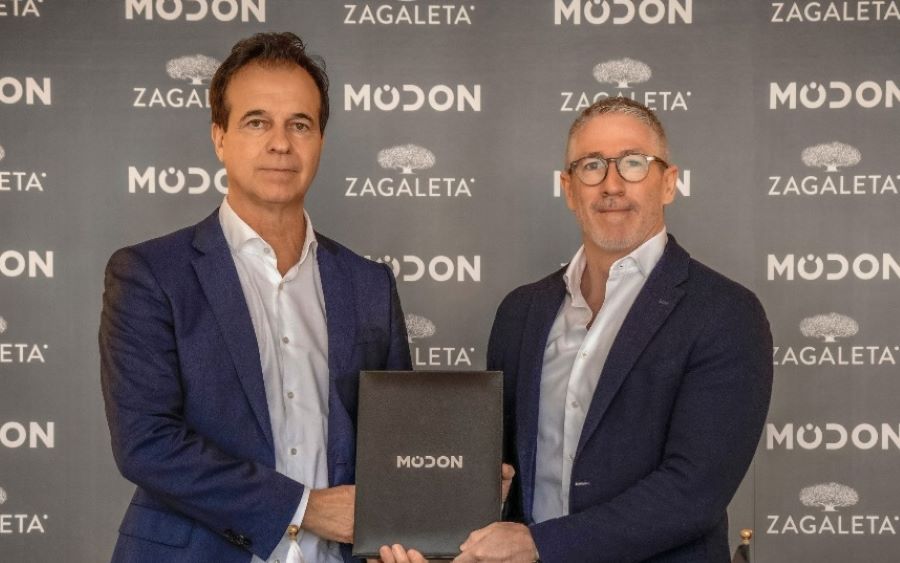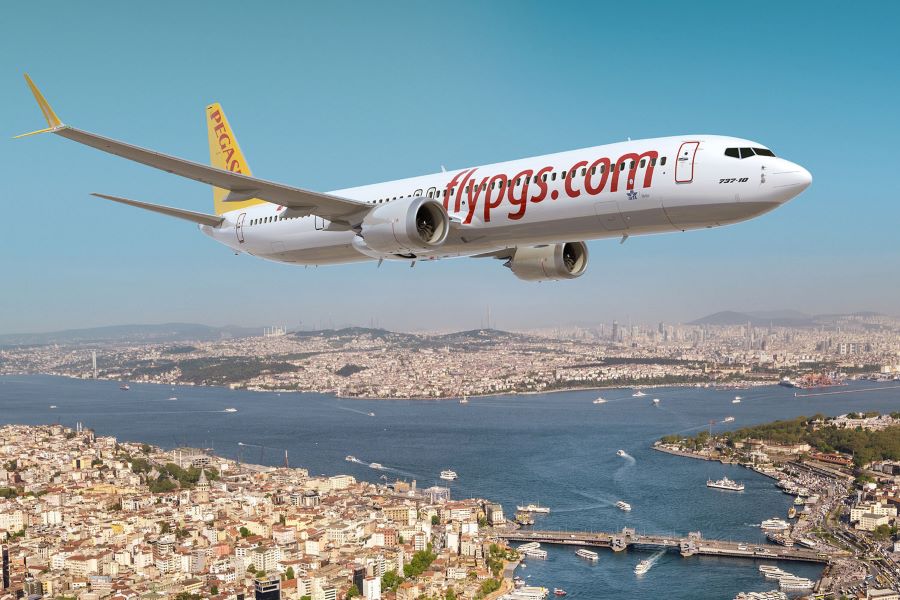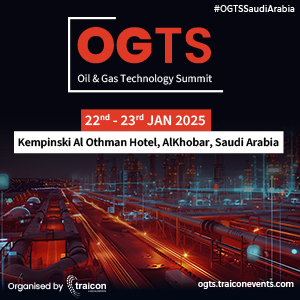
UAE and Philippines to Cooperate on Energy Transition
The Philippines on Sunday said that it has signed a Memorandum of Understanding (MOU) with the UAE to deepen energy transition cooperation.
The MOU was one of the key agreements reached at the meeting between President Ferdinand R Marcos Jr. and UAE President Mohammed bin Zayed Al Nahyan during Marcos’ working visit to the Gulf state on November 26.
The Philippine Department of Energy (DOE) Secretary Raphael Lotilla said that the MOU included several areas of cooperation particularly in renewable energy; liquefied natural gas as a transition fuel; power generation, transmission, and distribution system; nuclear energy; energy efficiency and conservation; and alternative fuels and emerging technologies.
Lotilla said that by combining the UAE’s leadership in innovative energy solutions with the Philippines’ ambitious drive for energy security and sustainability, this initiative has the potential to transform not only industries but also the lives of millions of Filipinos.
“The partnership has the potential to support the development of the country’s energy landscape by attracting investments, creating jobs, and promoting the transfer of cutting-edge technology to strengthen local expertise,” Lotilla explained.
The agreement was formalised following discussions between Lotilla and UAE Minister of Energy and Infrastructure Suhail Mohamed Faraj Al Mazrouei in Abu Dhabi.
“Our dialogue emphasised fostering meaningful business collaborations and positioning the Philippines as a prime destination for Emirati investments in critical energy sectors, including developing robust energy infrastructure and advancing renewable energy projects,” Lotilla said.
“We are committed to advancing our energy goals, and the UAE’s leadership in innovative energy solutions presents a unique opportunity for the Philippines to accelerate its transition to a cleaner, more sustainable energy future,” he said.
An Implementation Agreement with a UAE state-owned company is expected to be signed by January 2025, Lotilla added.
A high level delegation from The Philippines held a meeting with representatives from Masdar, Emirates Nuclear Energy Corp. (ENEC) and the International Renewable Energy Agency in Abu Dhabi in October this year.
“Masdar, one of the world’s fastest-growing renewable energy companies and a leader in green hydrogen, is particularly interested in establishing solar, wind, and battery storage projects in the Philippines,” the DOE said at that time.
The DOE said that ENEC could provide expertise as the Philippines establishes an independent regulatory body for the safe and secure development of nuclear energy.
Second MOU with GCC State
This is the second such MOU signed between the Philippines and the GCC countries – the first one with Saudi Arabia in October this year, strengthening the country’s bilateral ties in the energy sector with the Middle Eastern countries.
The DOE has set an “Energy Transition Pathway” and plans to increase the share of renewables in the country’s power mix to 35% by 2030 and 50% by 2040.
The roadmap, which is spelled out in the DOE’s “Philippine Energy Plan 2023–50,” also aims for 10% energy savings on oil products and electricity between 2040 and 2050; a 50% EV penetration rate in road transport by 2040; and the adoption of advanced and smart grid technologies, among others.













